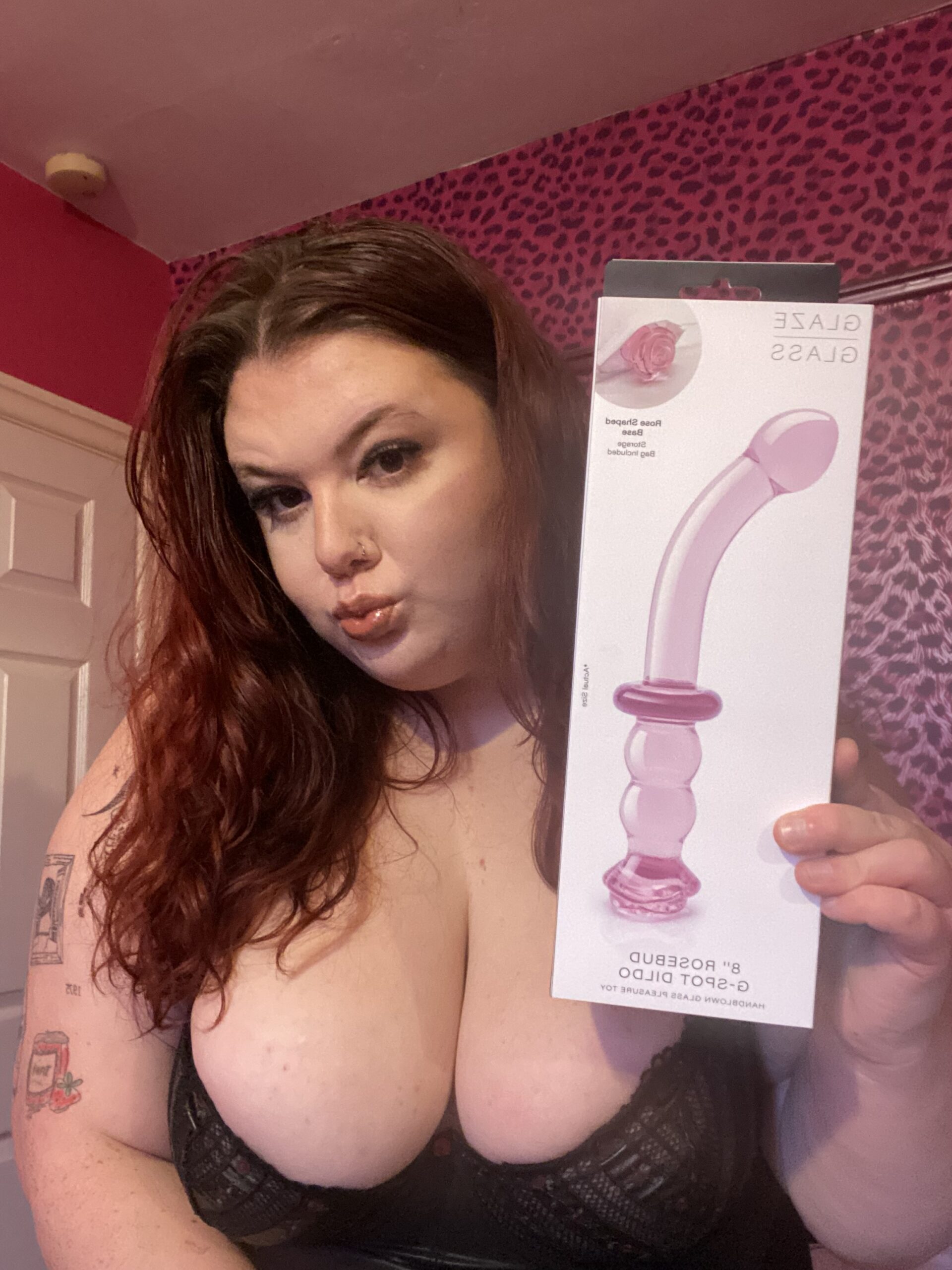Demigender Identity How It Impacts Romantic And Sexual Relationships

Experiences in Romantic Relationships
Navigating romantic relationships can be complex, and for individuals who identify as demigender, this complexity takes on new dimensions. Demigender identities, encompassing a spectrum of gender experiences that fall partially outside of the binary categories of male and female, introduce unique considerations when it comes to intimacy, expression, and understanding within a partnership.
Dating and Attraction
Understanding a partner’s demigender identity is crucial for building a fulfilling relationship. It involves recognizing that their gender identity may not align strictly with societal norms or expectations. This means being open to communication and learning about their specific experiences, pronouns, and how they express their gender.
For some demigender individuals, dating can involve navigating the complexities of finding partners who understand and accept their identity. They might seek out individuals who are open-minded and willing to learn about non-binary experiences. Finding a partner who respects their chosen pronouns and validates their gender expression is essential for building trust and intimacy.
Within a romantic relationship, demigender individuals may express their gender in diverse ways, which can evolve over time. It’s important for partners to be flexible and adaptable, embracing the fluidity of gender expression. Open communication about feelings, needs, and boundaries is vital to ensure both partners feel seen, heard, and respected.
Relationship Labels and Communication
Relationship labels can hold significant meaning for demigender individuals. They may choose labels that resonate with their own experiences, such as “demigirl” or “demiboy,” or they might prefer gender-neutral terms like “they/them.” It’s essential for partners to respect and use the labels that their demigender loved one identifies with.
Communication is paramount in any relationship, but it takes on special importance when navigating demigender identities. Open and honest conversations about gender identity, pronouns, boundaries, and expectations can foster understanding and strengthen the bond between partners. Being a good listener and creating a safe space for sharing vulnerabilities can build trust and intimacy.
Navigating Gendered Expectations
Navigating romantic relationships can be complex, especially for individuals who identify as demigender. Demigender identities, which exist partially outside of the traditional male/female binary, introduce unique considerations when it comes to intimacy, expression, and understanding within a partnership.
Understanding a partner’s demigender identity is crucial for building a fulfilling relationship. This involves recognizing that their gender how to ride a man identity may not align with societal norms or expectations. It means being open to communication and learning about their specific experiences, pronouns, and how they express their gender.
For some demigender individuals, dating can involve navigating the complexities of finding partners who understand and accept their identity. They might seek out individuals who are open-minded and willing to learn about non-binary experiences. Finding a partner who respects their chosen pronouns and validates their gender expression is essential for building trust and intimacy.
Within a romantic relationship, demigender individuals may express their gender in diverse ways, which can evolve over time. It’s important for partners to be flexible and adaptable, embracing the fluidity of gender expression. Open communication about feelings, needs, and boundaries is vital to ensure both partners feel seen, heard, and respected.
Relationship labels can hold significant meaning for demigender individuals. They may choose labels that resonate with their own experiences, such as “demigirl” or “demiboy,” or they might prefer gender-neutral terms like “they/them.” It’s essential for partners to respect and use the labels that their demigender loved one identifies with.
Communication is paramount in any relationship, but it takes on special importance when navigating demigender identities. clear dildo Open and honest conversations about gender identity, pronouns, boundaries, and expectations can foster understanding and strengthen the bond between partners. Being a good listener and creating a safe space for sharing vulnerabilities can build trust and intimacy.
Impact on Sexual Relationships
Demigender individuals experience gender in ways that partially fall outside of the traditional male/female binary. This unique identity can influence romantic relationships, requiring open communication, understanding, and a willingness to learn about non-binary experiences.
Self-Expression and Exploration
Navigating romantic relationships can be complex for demigender individuals, who experience gender in ways that partially fall outside the traditional male/female binary. Their journey involves finding partners who understand and accept their identity, respect their pronouns, and validate their gender expression.
Communication is paramount. Demigender individuals may express their gender fluidly, and this can evolve over time. Open dialogue about feelings, needs, and boundaries ensures both partners feel seen, heard, and respected.
Relationship labels hold significance for demigender people. They may choose labels like “demigirl” or “demiboy,” or prefer gender-neutral terms. Partners should respect and use the labels their loved one identifies with.
Communication and Consent
Demigender individuals experience gender in ways that partially fall outside of the traditional male/female binary. This unique identity can influence romantic relationships, requiring open communication, understanding, and a willingness to learn about non-binary experiences.
- Finding Compatible Partners: Demigender individuals may seek out partners who are open-minded, willing to learn about non-binary experiences, and respect their chosen pronouns.
- Fluid Gender Expression: Understanding that a demigender person’s gender expression might evolve over time is crucial.
- Respecting Labels: Using the correct labels and pronouns that a demigender individual identifies with is essential for building trust and respect in the relationship.
- Open Communication: Honest conversations about gender identity, needs, boundaries, and expectations can strengthen the bond between partners.
Navigating romantic relationships can be complex for demigender individuals, who experience gender in ways that partially fall outside the traditional male/female binary. Their journey involves finding partners who understand and accept their identity, respect their pronouns, and validate their gender expression.

Communication is paramount. Demigender individuals may express their gender fluidly, and this can evolve over time. Open dialogue about feelings, needs, and boundaries ensures both partners feel seen, heard, and respected.
Relationship labels hold significance for demigender people. They may choose labels like “demigirl” or “demiboy,” or prefer gender-neutral terms. Partners should respect and use the labels their loved one identifies with.
Partner Understanding and Support
Demigender identities exist on a spectrum, partially outside the traditional male/female binary. This can influence romantic relationships, requiring open communication, understanding, and a willingness to learn about non-binary experiences.
Finding compatible partners is crucial for demigender individuals. They often seek out partners who are open-minded, willing to learn about non-binary identities, and respectful of their chosen pronouns. Building trust and intimacy relies on mutual respect for gender expression and identity.
Understanding that a demigender person’s gender expression can be fluid and evolve over time is essential. Partners should be flexible and adaptable, embracing the nuances of their loved one’s journey. Open communication about feelings, needs, and boundaries ensures both partners feel seen, heard, and respected.
Relationship labels hold significance for demigender individuals. They may choose labels like “demigirl,” “demiboy,” or prefer gender-neutral terms. Partners should prioritize respecting and using the labels their loved one identifies with. This demonstrates validation and creates a safe space for authentic expression.
Challenges and Considerations
Navigating romantic relationships can be complex, especially for individuals who identify as demigender. Demigender identities, which exist partially outside of the traditional male/female binary, introduce unique considerations when it comes to intimacy, expression, and understanding within a partnership.
Internalized Pressure and Societal Norms
Demigender individuals experience gender in ways that partially fall outside of the traditional male/female binary. This unique identity can influence romantic relationships, requiring open communication, understanding, and a willingness to learn about non-binary experiences.
Challenges and considerations arise from both internalized pressure and societal norms. Demigender individuals may face internal struggles related to societal expectations and their own understanding of their identity. Societal norms often reinforce binary gender roles, which can make it challenging for demigender people to express themselves authentically or find partners who accept them.
- Internalized Pressure: Demigender individuals may internalize societal messages about gender conformity, leading to feelings of pressure to conform to binary expectations. This can create internal conflict and impact their self-esteem and confidence in romantic relationships.
- Societal Norms: Societal norms often reinforce rigid gender roles and binaries, which can make it difficult for demigender individuals to navigate dating and relationships. They might encounter prejudice, misunderstanding, or lack of acceptance from potential partners or society at large.
Finding Supportive Communities

Demigender identities exist partially outside the traditional male/female binary. This can make finding supportive communities challenging, as they may not always find understanding and acceptance within mainstream spaces.
However, demigender individuals can connect with each other and build strong support systems through various means:
- Online Communities: The internet offers a wealth of online forums, social media groups, and websites dedicated to LGBTQ+ individuals, including those who identify as demigender. These spaces provide opportunities for connection, shared experiences, and emotional support.
- Local LGBTQ+ Organizations: Many cities and towns have LGBTQ+ centers or organizations that offer resources, social events, and support groups for diverse gender identities. These organizations can be valuable for meeting like-minded individuals and building local community connections.
- University or College Groups: If an individual is a student, their university or college may have LGBTQ+ student groups or organizations where they can connect with other demigender people and allies.
Managing Misunderstandings

Navigating romantic relationships can be complex for individuals who identify as demigender. Understanding the unique challenges and considerations involved is crucial for building fulfilling partnerships.
One significant challenge is finding compatible partners who are open-minded, accepting of non-binary identities, and respectful of chosen pronouns. Demigender individuals may face internalized pressure to conform to societal expectations or fear rejection from potential partners due to their identity.
Another challenge lies in navigating fluid gender expression. A demigender person’s gender identity and presentation might evolve over time, requiring flexibility and adaptability from their partner. Open communication and a willingness to learn about non-binary experiences are essential for fostering understanding and support.
Relationship labels can also present complexities. Demigender individuals may use labels like “demigirl” or “demiboy” or prefer gender-neutral terms. It’s crucial for partners to respect and utilize the labels their loved one identifies with, creating a safe and validating environment.
- Finding Compatible Partners: Demigender individuals may seek out partners who are open-minded, willing to learn about non-binary experiences, and respectful of their chosen pronouns. Building trust and intimacy relies on mutual respect for gender expression and identity.
- Fluid Gender Expression: Understanding that a demigender person’s gender expression can be fluid and evolve over time is essential. Partners should be flexible and adaptable, embracing the nuances of their loved one’s journey. Open communication about feelings, needs, and boundaries ensures both partners feel seen, heard, and respected.
- Respecting Labels: Relationship labels hold significance for demigender individuals. They may choose labels like “demigirl,” “demiboy,” or prefer gender-neutral terms. Partners should prioritize respecting and using the labels their loved one identifies with. This demonstrates validation and creates a safe space for authentic expression.
Find out more in this blog
Explore this topic fully
- Why Doesn’t My Lip Filler Last - November 14, 2025
- What Is The Difference Between THC-Infused Drinks And THC Edibles? - November 12, 2025
- What Are The Best CBD Infused Gummies For Chronic Pain - November 9, 2025
